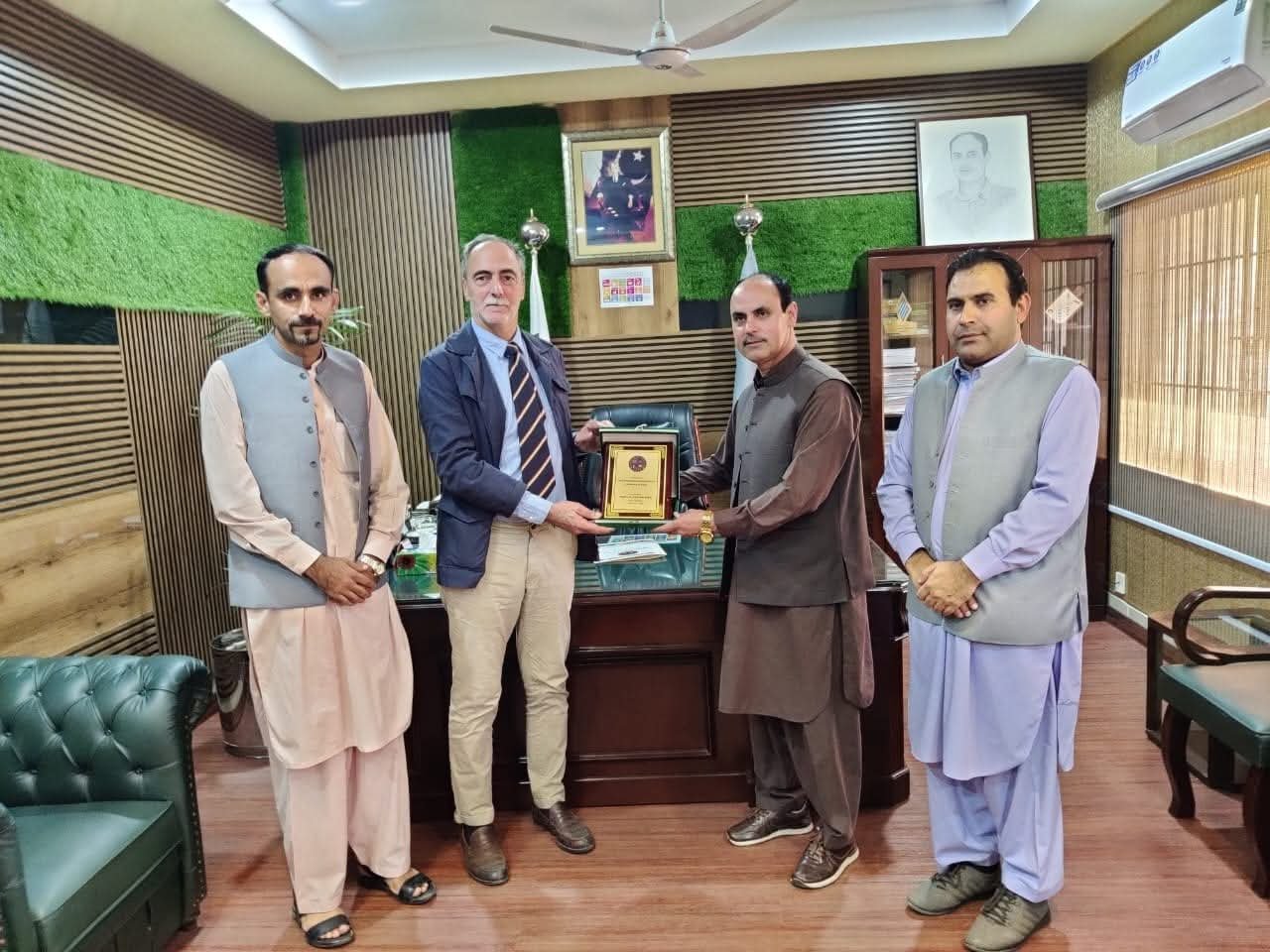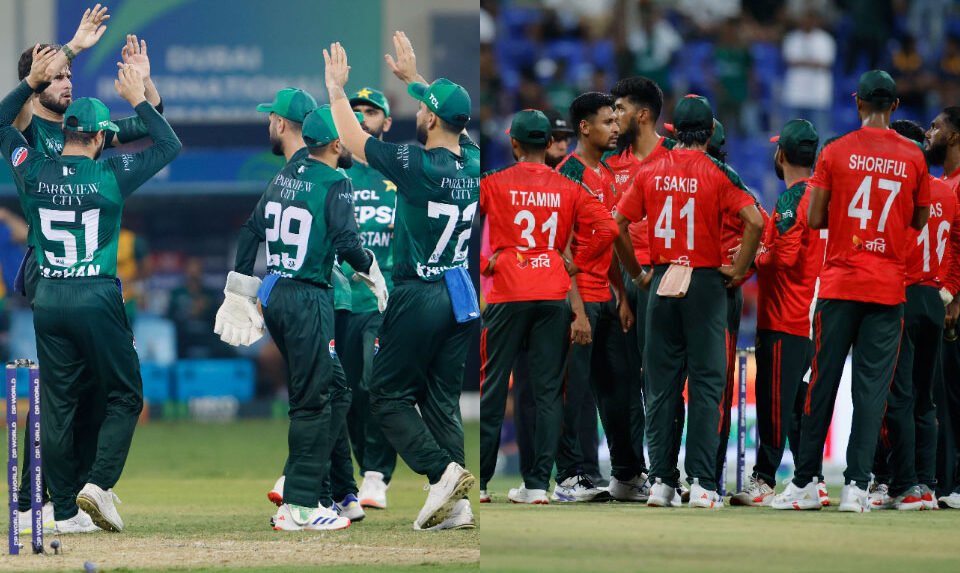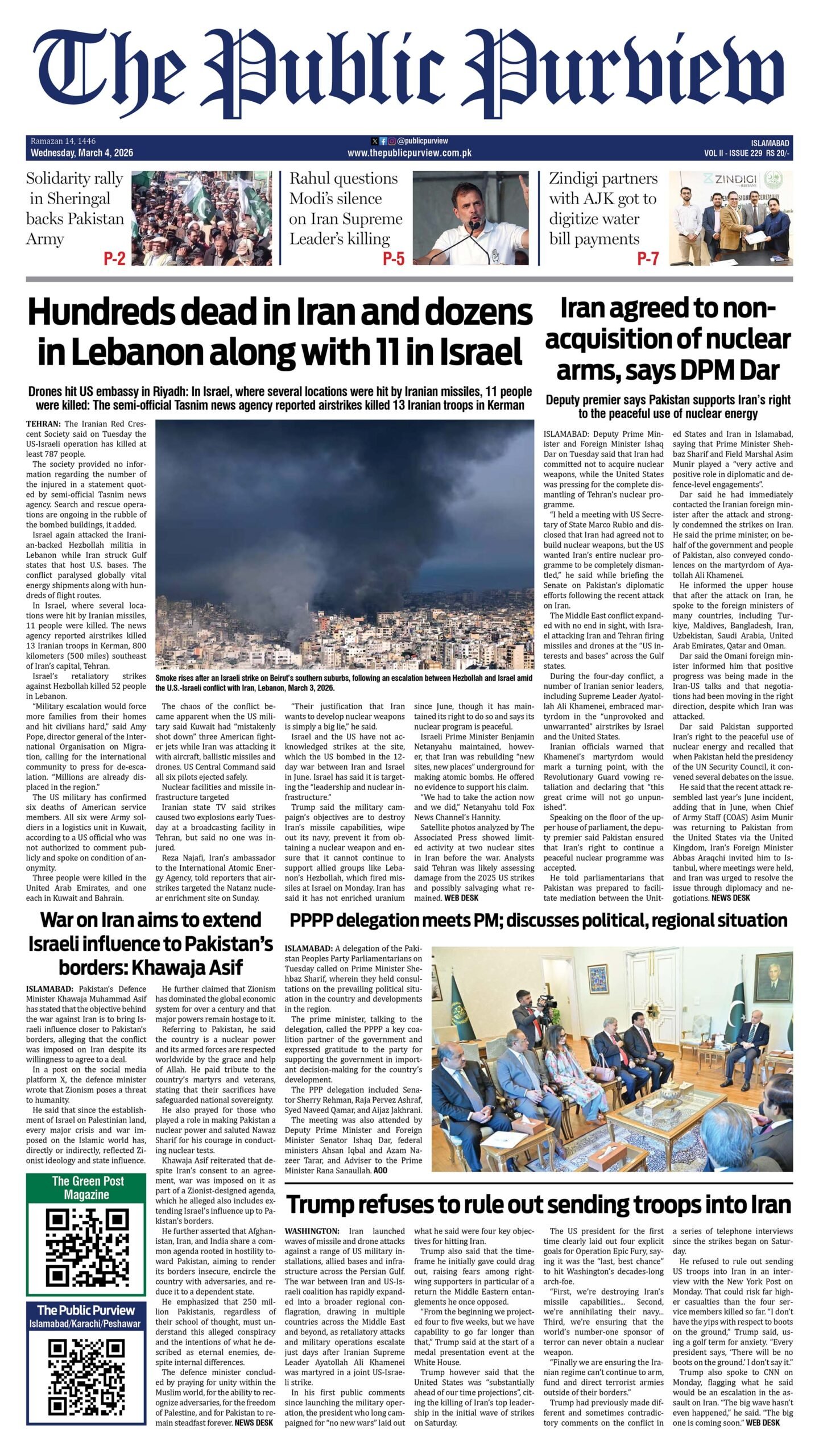SWAT (SYED SHAHABUDDIN): The ancient Barikot discoveries have once again highlighted Swat’s rich cultural and historical legacy. Prof. Dr. Luca Maria Olivieri, Director of the Italian Archaeological Mission to Pakistan (IAMP) and professor at the University of Ca’ Foscari, Venice, delivered an engaging lecture at the University of Swat titled “The Unique Archaeological Site of Vajirastana/Barikot: New Archaeological Data on the Indian North-West (6th Century BCE to 10th Century CE).”
The lecture was organized under a Memorandum of Understanding (MoU) signed between the University of Swat and the Italian Archaeological Mission to Pakistan on August 25, 2025.
Vice Chancellor Prof. Dr. Hassan Sher, a SAARC Gold Medalist, welcomed Dr. Olivieri and emphasized the importance of such international collaborations in advancing archaeological studies in Pakistan. The event was attended by senior faculty members, including Prof. Dr. Anwar Hussain, Dr. Zarawar Khan, Dr. Aatif Iqbal, and Mr. Muhammad Waliullah, along with students from archaeology, tourism, sociology, economics, and development studies.
Discussing the ancient Barikot discoveries in detail, Dr. Olivieri explained that Barikot — historically known as Vajirastana — was a vital urban center that shaped the cultural and economic identity of Swat from the 6th century BCE to the 10th century CE. Drawing from recent excavations, he revealed that Swat had long been a fertile agricultural region, producing double crops annually due to its favorable climate and rich river system.
He further noted that the Yousafzai tribe’s occupation of Swat was largely motivated by its fertile lands and abundant water resources. Referring to Emperor Babur’s Babur Nama and Khushal Khan Khattak’s Swat Nama, he highlighted how the valley thrived economically during the 16th and 17th centuries.
Dr. Olivieri also identified three major periods when Swat was deserted due to climate changes, political turmoil, and natural calamities. Despite these interruptions, the valley remained a key “granary pocket” for nearby districts until the British constructed the Malakand Canal after 1895.
The lecture concluded with an interactive question-and-answer session, where students and faculty members discussed the importance of preserving Swat’s archaeological heritage. Vice Chancellor Prof. Dr. Hassan Sher presented a souvenir shield to Dr. Olivieri in recognition of his valuable contributions and continued collaboration with the University of Swat.







 Today's E-Paper
Today's E-Paper